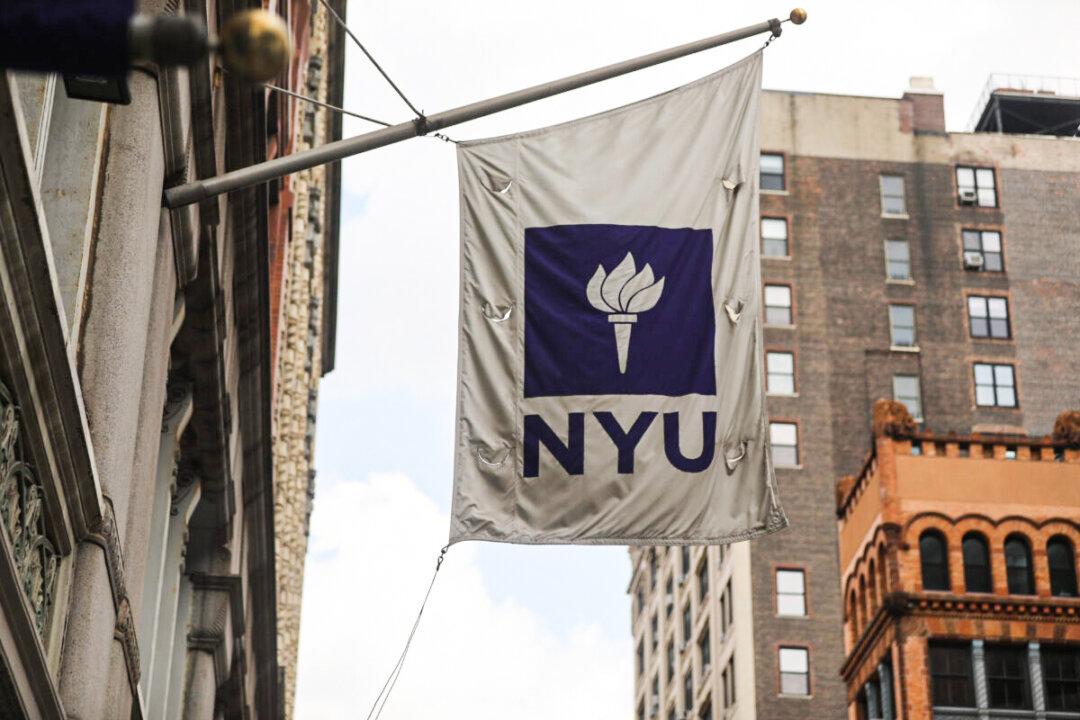Tens of thousands of federal tax dollars are flowing to New York University to uncover why kids allegedly “favor Whiteness and maleness over other identities,” official data show.
The three-year project, titled “Societal assumptions regarding typical personhood and their effects on reasoning development,” will obtain a total of $40,391 from the U.S. Department of Health and Human Services (HHS).




